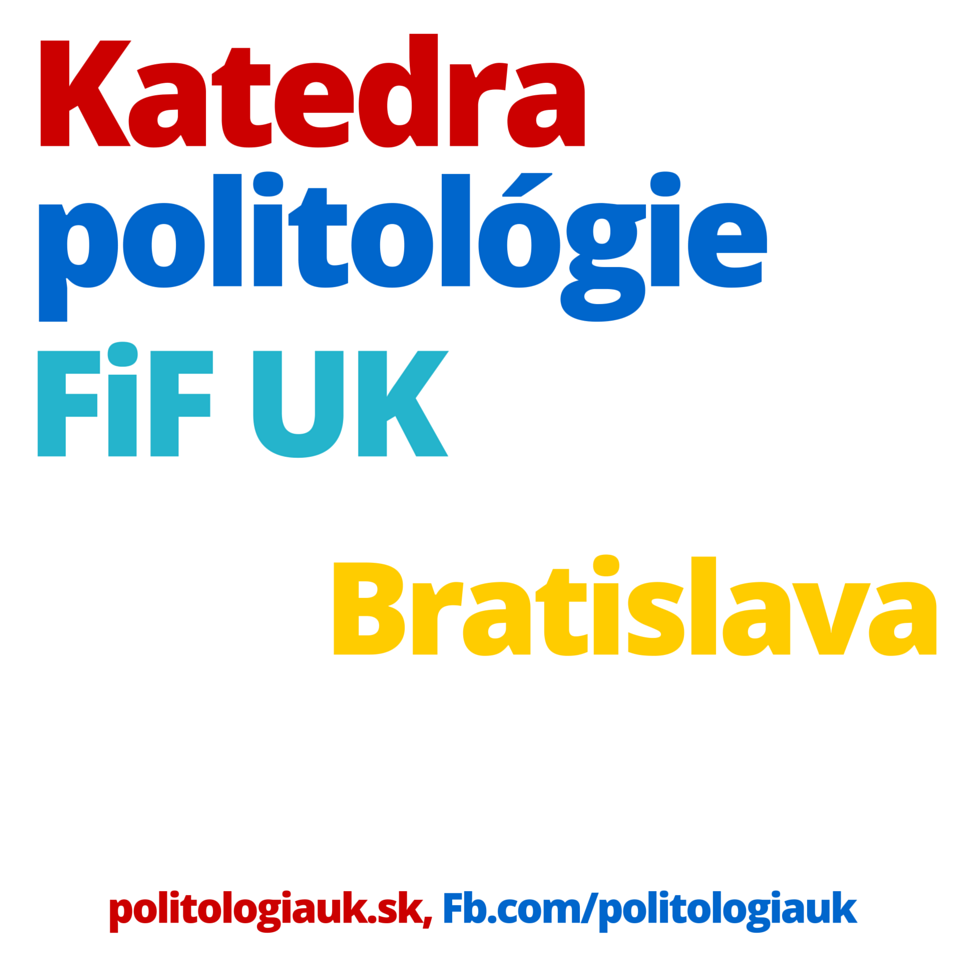Published in: West European Politics, Volume 38, Issue 6, 2015
Abstract: What is the level of voter–elite congruence in Europe and how is it affected by institutions? This article presents a different conceptualisation and new data to comparative research on congruence between voters and their representatives in 15 European countries. The originality of this work is mainly in its use of the most appropriate cross-national data for the conceptualisation of congruence as a ‘many-to-many’ relationship, using for the first time a survey of representatives to replace expert and public opinion on legislators’ attitudes. The study’s results show that congruence in European countries is relatively high in terms of left–right positions and, surprisingly, even higher regarding the question of EU integration. However, while we find enough evidence to link ideological congruence to mostly electoral institutions, it seems the same factors have no relation to the European unification dimension of congruence. This indicates the different nature of congruence in both the ideological and EU integration dimensions. Additionally, the present study found congruence to be higher for the group of voters rather than non-voters, and also higher for voters interested in politics as well as voters with a university degree.
http://dx.doi.org/10.1080/01402382.2015.1053180


